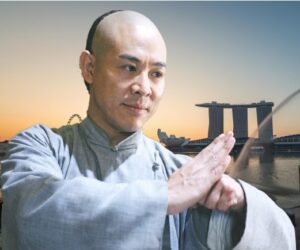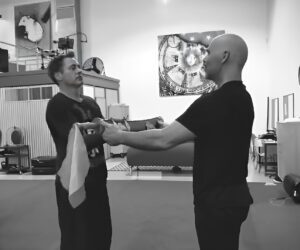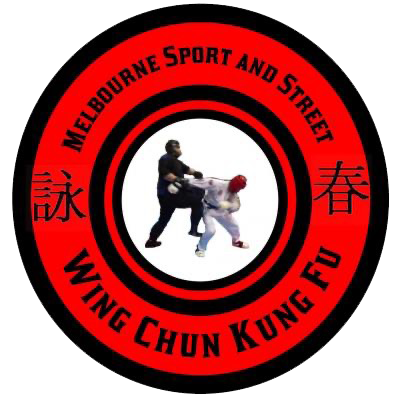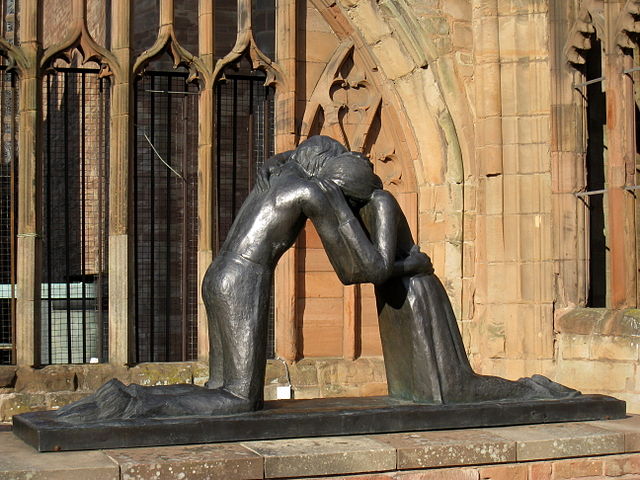Martial Arts and Conflict Resolution: Building Peaceful Warriors
The Essence of Conflict Resolution
Understanding Conflict
Conflict is a part of the human experience. It can arise from differences in opinions, interests, or simply the circumstances of life. Fighting arts often synonymous with combat, might seem like an unlikely ally in resolving conflicts peacefully. However, it’s precisely because of its physical nature that martial arts can teach us valuable lessons about conflict and its resolution.
The Peaceful Warrior
Martial artists are often described as “peaceful warriors.” This paradoxical term embodies the idea that we train not to seek conflict but to be prepared when it arises. More importantly, we strive to resolve conflicts without resorting to violence.
Conflict Resolution Lessons from Martial Arts
Let’s explore the ways in which fighting style instills conflict resolution skills.
1. Self-Control
One of the foundational principles in martial arts is self-control. It’s not just about controlling your physical movements but also your emotions and reactions. Through disciplined practice, martial artists learn to maintain composure in stressful situations, a vital aspect of conflict resolution.
Wing Chun’s Poise: The grace and poise in Wing Chun’s movements teach practitioners to remain composed and unprovoked, a valuable skill in resolving conflicts peacefully.
2. Empathy and Respect

Martial arts emphasizes the importance of understanding your opponent. In a conflict, this translates into empathy – the ability to see the situation from the other person’s perspective. Additionally, the training teaches respect for one’s opponent, regardless of the outcome.
Bow of Respect: In dojos, students often bow to their opponents as a gesture of respect before and after sparring. This practice symbolizes the acknowledgment of the opponent’s humanity and the respect due to them.
3. Conflict Avoidance
Martial arts teaches that the best way to win a fight is to avoid it altogether. This principle, known as “martial wisdom,” emphasizes conflict avoidance and de-escalation as primary tools in conflict resolution.
Fighting Styles Beyond Combat: Learning to detect and defuse potential conflicts is a vital aspect of martial arts training. The same keen awareness that keeps you safe in sparring can also prevent disputes in everyday life.
4. Communication Skills
Effective communication is key to resolving conflicts. In martial arts, especially when practicing partner drills, clear communication is essential to prevent injuries and create a harmonious training environment.
Non-Verbal Communication: Martial artists become adept at reading non-verbal cues, an ability that can be used to understand the unspoken feelings of others during conflicts.
5. Humility and Patience

No one is infallible, and martial arts teaches humility by showing that there is always more to learn. Patience is also a virtue in both training and conflict resolution.
Learning from Defeat: Just as martial artists learn from losses and mistakes, individuals can learn from conflicts and use them as opportunities for personal growth and improvement.
Applying Conflict Resolution Beyond the Dojo
The lessons of conflict resolution that martial arts instill extend well beyond the dojo. Here’s how these principles can be applied in everyday life.
1. Workplace Conflicts
In professional settings, the principles of self-control, empathy, and clear communication are invaluable in resolving conflicts among colleagues or with supervisors.
2. Family and Relationships
Conflict resolution skills can improve family dynamics and strengthen relationships. Listening, empathy, and patience are essential tools for addressing disputes.
3. Community and Society
On a broader scale, conflict resolution skills contribute to building more harmonious communities and even fostering peace on a global level. The principles of non-violence and diplomacy are deeply rooted in martial arts philosophy.
Conclusion: Peaceful Warriors in the Making
Martial arts, often associated with physical combat, is a powerful vehicle for teaching the art of conflict resolution. Through self-control, empathy, humility, and effective communication, martial artists become not just skilled fighters but also peacekeepers. The lessons learned in the dojo have the potential to transform not only our personal lives but also our communities and the world at large.
So, whether you’re drawn to the beauty of Wing Chun, the precision of Karate, or the grace of Taekwondo, remember that martial arts training is not just about mastering techniques; it’s about becoming a peaceful warrior who can resolve conflicts with wisdom, empathy, and grace.
Ready to embark on a journey that will not only enhance your self-defense skills but also make you a more peaceful warrior? Join our classes and start your transformation today.
Experience the power of martial arts in shaping you into a graceful and compassionate conflict resolver. Your path to becoming a peaceful warrior begins here!

